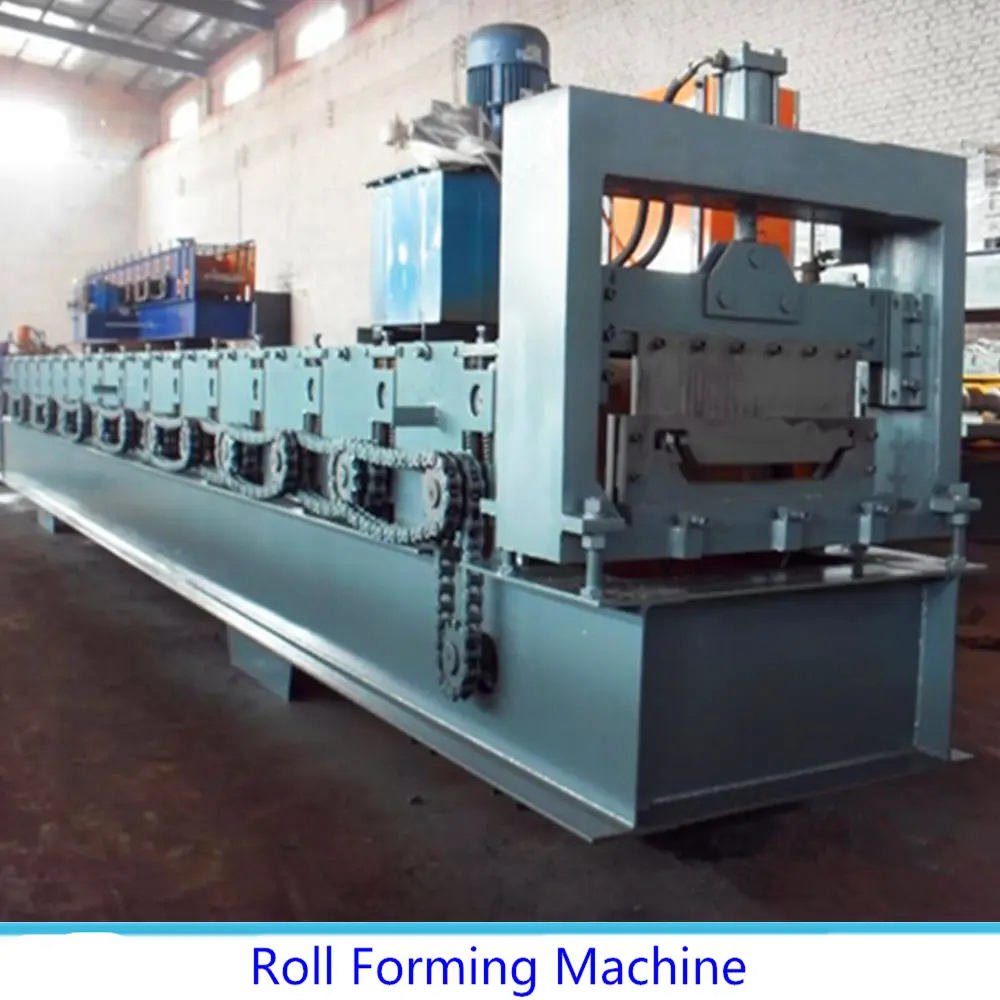
The Essential Role of Guardrail Roll Forming Machines in Infrastructure Development
In the realm of infrastructure development, safety is paramount. Among the various safety measures employed on roads and highways, guardrails play a critical role in protecting both vehicle occupants and pedestrians. To meet the increasing demand for quality guardrail systems, the manufacturing process has seen significant advancements, particularly through the use of guardrail roll forming machines. This article delves into the importance of these machines, the manufacturing process, and their impact on infrastructure safety.
Understanding Guardrail Roll Forming Machines
Guardrail roll forming machines are specialized industrial equipment used to produce guardrail components efficiently and cost-effectively. These machines utilize a continuous bending process where a coil of metal is transformed into a guardrail shape through a series of rollers. The machines are capable of producing various designs, including W-beam, thrie beam, and other safety rail configurations required by different local codes and specifications.
The Manufacturing Process
The manufacturing of guardrails begins with high-quality steel coils. The process involves several stages
1. Coil Preparation The steel coils are inspected for quality and then uncoiled to be fed into the roll forming machine.
2. Roll Forming As the metal coil moves through the machine, it passes through a series of rollers that gradually shape it into the desired guardrail profile. The precision of this process ensures that the final product meets stringent engineering standards.
3. Cutting and Finishing Once the guardrail has been formed, it is cut to the required lengths. Additional processes, such as galvanization or painting, can also be applied to enhance durability and corrosion resistance.
4. Quality Control After production, each guardrail section undergoes a rigorous quality control process to ensure it meets safety standards. This includes checking for dimensions, strength, and surface quality.

Advantages of Guardrail Roll Forming Machines
The adoption of guardrail roll forming machines offers several significant advantages
- Efficiency These machines operate at high speeds, allowing for the mass production of guardrail sections. This efficiency is crucial for meeting the demands of large-scale infrastructure projects.
- Cost-Effectiveness By producing guardrails in bulk, manufacturers can reduce production costs, which is ultimately beneficial for consumers and contractors.
- Customization With advanced technology, manufacturers can easily adjust the machine settings to produce different designs or specifications without extensive downtime.
- Improved Quality The precision involved in the roll forming process result in uniform products that adhere to regulatory standards, ensuring safety on the roads.
Impact on Infrastructure Safety
The presence of well-manufactured guardrails is critical in mitigating the consequences of vehicular accidents. Guardrails act as the first line of defense in absorbing impact and preventing vehicles from veering off the road, especially in high-risk areas such as curves, bridges, and aggressive grade changes. The integration of guardrail roll forming machines into production lines enhances the ability to produce high-quality guardrails that can withstand impacts, leading to a significant decrease in fatalities and severe injuries resulting from road accidents.
Conclusion
In summary, guardrail roll forming machines represent a vital component in the manufacturing of essential infrastructure safety products. Their efficiency, cost-effectiveness, and ability to produce high-quality guardrails contribute significantly to the safety of roadways worldwide. As infrastructure development continues to expand, the role of these machines will only become more pronounced, ensuring that safety standards keep pace with the evolving demands of modern transportation systems. Investing in advanced manufacturing technologies like guardrail roll forming machines is not just a business decision; it is a commitment to public safety and infrastructure integrity.